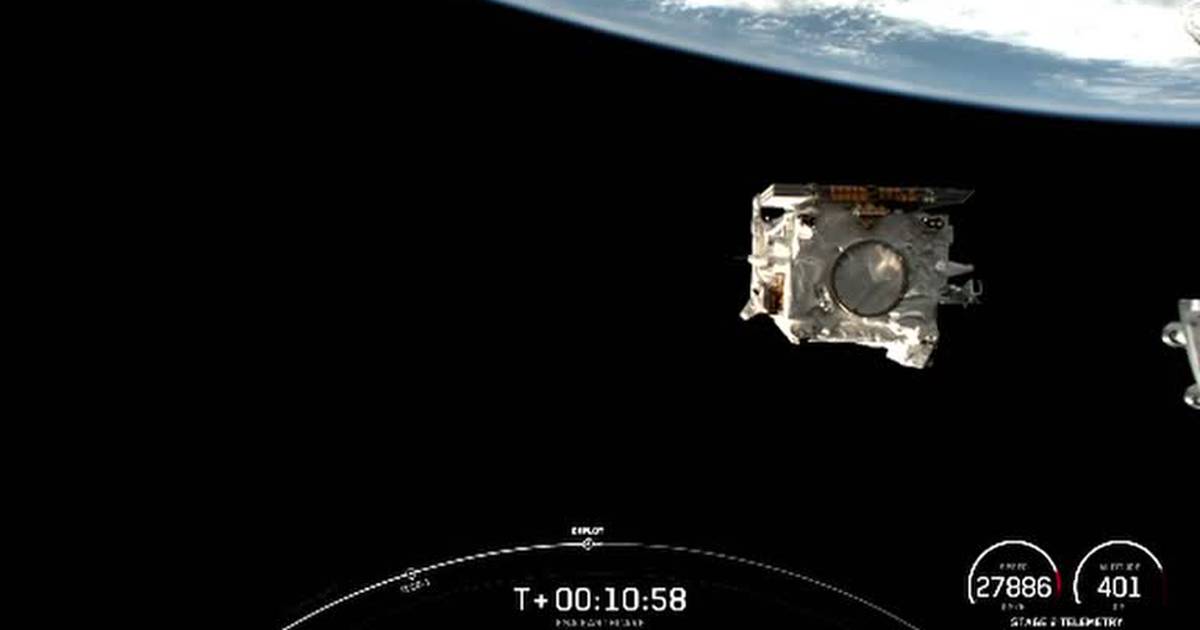The world’s increasing reliance on pesticides is causing significant harm to both the environment and human health. Despite this, global sales of pesticides continue to rise, with an estimated 3 million tonnes being sprayed onto crops annually. This excessive use of chemicals is contributing to the degradation of delicate land and the contamination of water sources, which can have long-term consequences for ecosystems and human health.
However, there is hope for a more sustainable future as new spraying methods that incorporate artificial intelligence (AI) are being developed and commercialized. These technologies aim to drastically reduce the amount of pesticides needed by up to 90%, providing farmers with a more environmentally-friendly solution. Additionally, the agricultural industry has already made progress in reducing overspray through the use of adjuvants, specialized additives that enhance the effectiveness of sprays by improving their ability to stick to and penetrate leaves.
Innovative systems inspired by paint-spraying processes used in car factories are also being adopted by some crop sprayers. These systems generate an electrostatic charge on droplets, improving their adherence to foliage. While some may be skeptical about this technology’s effectiveness compared to cars, it represents a step towards more efficient and environmentally-friendly farming practices. With these new technologies and strategies in place, the agricultural industry has the potential to reduce the harmful effects of pesticides and create a more sustainable future for crop production.
Overall, while the excessive use of pesticides presents significant challenges for both human health and environmental sustainability, there are promising developments on the horizon that could help farmers adopt more sustainable practices. By embracing new technologies and strategies that promote efficiency and minimize chemical use, farmers can work towards creating a more sustainable future for crop production while protecting our planet’s delicate ecosystems.



